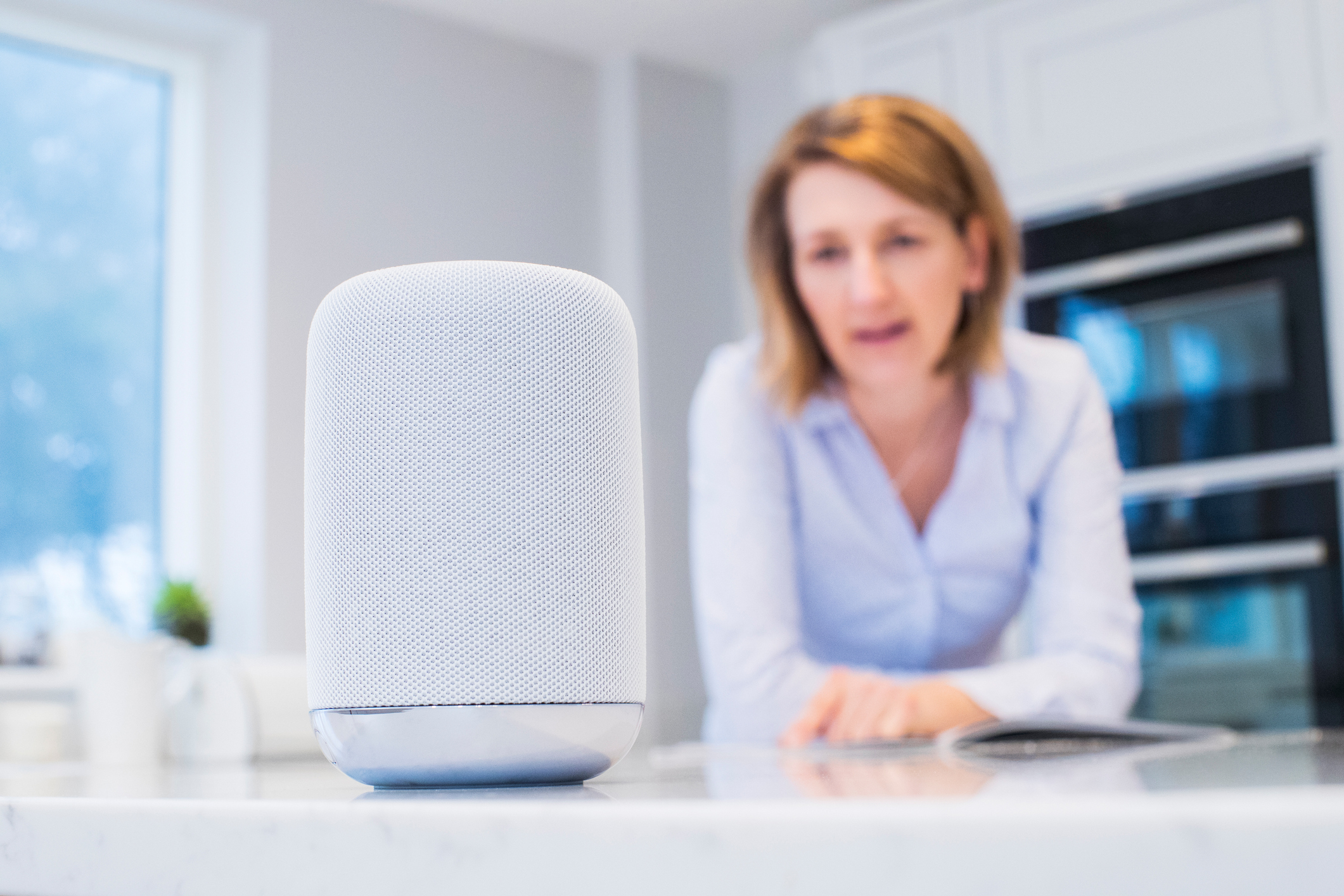
AI is being called on to assume a range of new healthcare responsibilities as systems work to manage the burden of the coronavirus pandemic, and one of those areas involves efforts to respond to questions from the public as quickly as possible.
In a recent commentary, Mahi de Silva, co-founder and CEO of Amplify.ai, a developer of AI-driven messaging platforms, noted that the “unforeseen rate of change” in the wake of the coronavirus epidemic requires global health organizations to have information ready around the clock.
One technological response, he says, is conversational AI. “Using a conversational AI system to battle the response around COVID-19 can fill the holes left by absent human agents and allow these call centers to function at their full potential while adhering to social distancing guidelines. For example, a call center that usually holds 300 employees can now only safely accommodate 50. The AI-driven virtual assistant at the frontline can easily be implemented to keep these agencies afloat.”
Naturally, part of the value of conversational AI is that it can’t “fill in” for employees who can’t be in the office.
“Call centers have seen a major reduction in the number of employees readily available to assist and have throttled the responses to aid callers with COVID-19,” de Silva explains. “This is even impacting emergency response call centers.
“The physical limitation blends into the next issue, which concerns sheer volume. Since COVID-19 has become a global issue, it needs a solution on an equal scale to reach everyone. We have different needs in different parts of the country, and even the world. There have been far too many inquiries for call centers to handle, and when people seeking assistance reach health organizations—if they even get that far—the interactions with representatives are limited and less personalized to the needs of the individual.”
Given the crush on call centers, de Silva says, conversational AI developers have stepped up by helping organizations with automating responses to commonly asked questions.
In addition, he says, “conversational AI provides an interactive medium that can give entities insight into how their constituents are dealing with the pandemic. Interactions with conversational AI agents provide real-time insights to understand where there is a trend of unanswered questions and anxiety across different groups of people, such as test sites, turn-around time for results, common symptoms, location-sensitive recommendations and more.”
Currently with more than half a million confirmed cases worldwide, de Silva says, conversational AI can be a powerful solution to get in front of the COVID-19 pandemic. “It will work to address the concerns of millions of citizens around the world, all while personalizing the experience along the way, keeping them informed, at ease, and more importantly, safe.”


